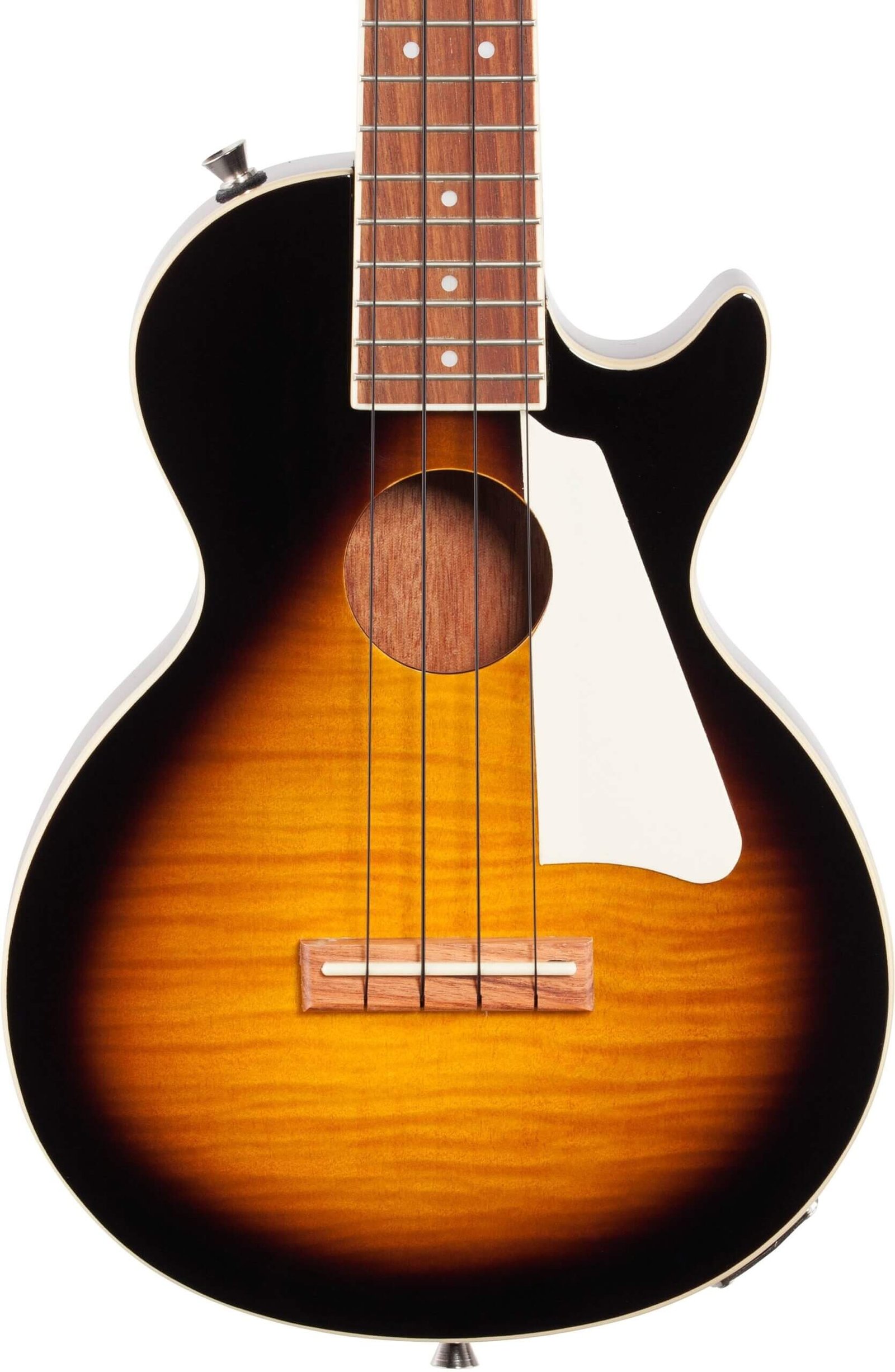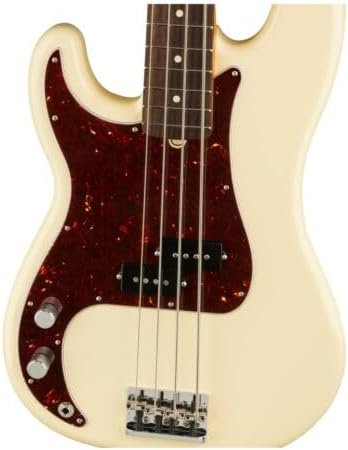Introduction to Hank Marvin
Hank Marvin, born on October 28, 1941, in Newcastle upon Tyne, England, is a celebrated musician and the lead guitarist of the legendary instrumental group, The Shadows. His contributions to music have solidified his status as an icon within the industry. From an early age, Marvin exhibited a profound interest in music, influenced by varied genres and artists. His journey began when his family moved to Christchurch, New Zealand, where he was introduced to the guitar. Marvin’s fascination with the instrument grew, leading him to develop a distinctive playing style characterized by intricate melodies and emotive tones.
The Shadows, initially formed in 1958, played a pivotal role in popularizing the sound of the electric guitar. Marvin’s innovative techniques and use of effects contributed significantly to the band’s success, culminating in numerous hit records that resonated with audiences globally. His signature sound, often defined by the rich and melodic utilizarion of reverb and echo, helped shape the sound of rock and roll during the 1960s, distinguishing The Shadows from their contemporaries. Marvin’s artistry was not solely limited to The Shadows, as he embarked on a successful solo career while also collaborating with myriad artists, thus further influencing music beyond his immediate circle.
The Rise of The Shadows
The Shadows, formed in the late 1950s, initially emerged as a backing band for the renowned British singer Cliff Richard. Comprising of Hank Marvin on lead guitar, Bruce Welch on rhythm guitar, Jet Harris on bass, and Tony Meehan on drums, the group quickly distinguished itself with its unique sound. Their blend of instrumental rock and roll captured the spirit of a burgeoning music scene, allowing them to gain popularity throughout the 1960s.
Their breakout moment came with the release of “Apache” in 1960, a track that showcased Marvin’s innovative guitar techniques and established a signature sound that defined the genre. The song soared to the top of the UK charts, laying a firm foundation for their subsequent success. Following this hit, they released a series of successful singles, including “Wonderful Land” and “Kon-Tiki,” each contributing to their reputation as pioneers of instrumental guitar music. Marvin’s intricate melodies combined with the band’s tight arrangements created a sound that was both captivating and widely appealing.
Influence on Guitar Music
Hank Marvin, the legendary guitarist and founding member of The Shadows, has etched an indelible mark on the landscape of guitar music. His innovative playing techniques, characterized by a distinctive blend of tremolo picking, melodic inventiveness, and rhythmic precision, have revolutionized the way the instrument is perceived and played. Marvin’s signature sound, often defined by the use of the Fender Stratocaster, introduced a new tonal palette that continues to inspire countless musicians across various genres.
One significant aspect of Hank Marvin’s influence is his incorporation of instrumental rock into mainstream music during the late 1950s and early 1960s. By marrying guitar with orchestral arrangements, Marvin paved the way for a genre that would thrive and evolve over the following decades. His work has been seminal in shaping the careers of a myriad of guitarists, including Eric Clapton and Mark Knopfler, who have cited him as a critical influence in their musical development. Clapton, known for his emotive playing style and blues roots, admired Marvin’s ability to convey emotion through melodies, while Knopfler’s fingerstyle technique bears traces of Marvin’s innovative approach.
Marvin’s influence transcends the rock genre as well, impacting a variety of styles, including pop, jazz, and country music. His collaborations with artists like Sir Cliff Richard further showcased the versatility of the guitar, enriching pop melodies with intricate solos and backing harmonies. Additionally, guitarists in the surf rock genre, such as Dick Dale, credit Marvin’s techniques for bringing a new energy to their music, intertwining his unique sound with their own cultural influences.
The legacy of Hank Marvin endures as he continues to inspire new generations of guitar players through his timeless contributions to music. As the years unfold, the reverberations of his influence remind aspirants of the limitless possibilities that the guitar presents in creating memorable and emotive music.
Hank Marvin’s Signature Guitar
Hank Marvin is synonymous with the distinctive sound that emerged from the band The Shadows, and central to this signature sound is his choice of instrument: the Fender Stratocaster. This electric guitar, first introduced in the 1950s, is celebrated for its sleek design and versatile tonal capabilities, making it a preferred choice for many musicians, including Marvin himself. The Stratocaster features three single-coil pickups, providing a wide range of tones that can shift from bright and punchy to warm and mellow, aligning perfectly with Marvin’s dynamic playing style.
One of the standout characteristics of Marvin’s Stratocaster is its exceptional playability, which is enhanced by its contoured body that fits comfortably against the player’s torso. This ergonomic design allows for extended play without discomfort, making it ideal for Marvin who is known for his energetic performances. Additionally, the guitar’s lightweight construction contributes to a natural and agile playing experience, facilitating complex lead lines and rhythm parts that have become a hallmark of Marvin’s style.
The Fender Stratocaster plays a pivotal role in shaping Marvin’s unique tone. Using a variety of effects, including reverb and delay, he has crafted a sound that resonates with both clarity and richness. The dynamic range of the Stratocaster allows Marvin to convey emotions through his music, elevating his performances beyond mere technical skill. This instrument not only complements his specific style but also becomes an extension of his musical identity, further solidifying his reputation as one of the premier guitarists in the rock genre.
Ultimately, the Fender Stratocaster is more than just a guitar for Hank Marvin; it is a crucial element of his signature sound and a symbol of his illustrious career. The enduring legacy of Marvin’s musicianship is intricately tied to this exceptional instrument, demonstrating how a choice of guitar can profoundly influence an artist’s journey and artistic expression.
Notable Albums and Hits
Hank Marvin, the iconic guitarist and founder of The Shadows, has enjoyed a prolific career that spans several decades. His discography is a testament to his remarkable evolution as an artist and his ability to adapt to the changing landscape of music. Among his most notable albums is “The Shadows,” released in 1961, which features timeless hits such as “Apache” and “Kon-Tiki.” These instrumental tracks not only showcase Marvin’s virtuosic guitar skills but also helped define the sound of the early rock ’n’ roll era. The unique combination of rock, pop, and surf influences established Marvin’s signature sound early on.
Throughout the 1960s, Marvin continued to release a string of successful albums, including “Out of the Shadows” and “Dance with The Shadows.” These works reflected his musical growth, incorporating more complex arrangements and inviting experimentation with various styles. Hits like “Wonderful Land” and “The Rise and Fall of Flingel Bunt” further demonstrated his innovative approach to guitar music, cementing his status as a leading figure in the genre.
As the decades passed, Marvin’s music evolved alongside the changing tastes of listeners. The 1970s saw the release of the album “Hank Marvin,” which showcased a more eclectic blend of sounds, while the 1980s and 90s introduced collaborations with prominent artists, reflecting his versatility. Tracks like “The Witch Doctor” and “My Way” became new fan favorites, revealing his ability to resonate with a broader audience. His later albums, including “Into the Light” and “Hank Plays Cliff,” illustrate not just a career retrospective, but also an enduring passion for music that transcends time.
Through these notable albums and hit songs, Hank Marvin has left an indelible mark on the music industry. His work continues to inspire musicians and delight fans, as his signature sound remains relevant and cherished across generations.
Collaborations and Partnerships
Hank Marvin, the renowned guitarist, has forged a multitude of collaborations throughout his illustrious career, showcasing his remarkable versatility and adaptability across various musical genres. One of his most significant partnerships is with The Shadows, a group Marvin co-founded in the late 1950s. Together, they produced a string of hits that blended rock and roll with instrumental music, significantly influencing the sound of British pop. Their unique style, characterized by Marvin’s iconic guitar riffs, laid the groundwork for countless artists who followed.
In addition to his work with The Shadows, Marvin has collaborated with a diverse array of artists from different musical realms. For instance, his partnership with legendary singer Cliff Richard produced timeless hits, including “Living Doll” and “Devil Woman.” These collaborations not only highlighted Marvin’s technical prowess as a guitarist but also his ability to enhance vocal performances with his melodic guitar lines. His work with Richard allowed him to reach broader audiences beyond the instrumental genre, showcasing his adaptability in blending various musical styles.
Moreover, Marvin’s collaborations extended to international stages, where he worked with various artists in different genres. Notable mentions include partnering with musicians from the jazz and pop realms, which served to enrich his musical palette. Marvin’s performances with artists such as the celebrated vocalist Gipsy Kings reflect his ability to transcend genre boundaries while maintaining his signature sound.
Live performances have also been pivotal in Marvin’s career, as his ability to collaborate seamlessly with other musicians often resulted in unforgettable concerts. These collaborations reveal the depth of his artistry, illustrating how Marvin continues to innovate and evolve amidst shifting musical landscapes. Throughout his career, Hank Marvin’s collaborations and partnerships have undeniably played a crucial role in developing his distinctive style and leaving a lasting impact on music.
Later Years and Legacy
As Hank Marvin entered the later years of his illustrious career, his influence on the music industry remained profound. Despite the passage of time, he continued to captivate audiences with his exceptional guitar skills and unique sound. Having established himself as one of the foremost guitarists in popular music, Marvin’s artistry did not wane; instead, it evolved. His later albums displayed a maturation of his musical style, incorporating a variety of influences ranging from rock to jazz, and revealing his versatility as a musician.
Beyond performing, Hank Marvin dedicated significant time to nurturing the next generation of musicians. Recognizing the importance of mentorship, he engaged in teaching initiatives and workshops, sharing his expertise and experiences with aspiring guitarists. His commitment to education not only reflects his passion for music but also highlights his desire to contribute to the growth of future talent in the industry. Through these endeavors, Marvin influenced countless young musicians, imbuing them with the skills and confidence needed to navigate the complexities of a musical career.
Marvin’s contributions to music extend beyond his direct influence on individual musicians. He is regarded as a pioneer in sound and technique, having helped shape the music landscape through his innovative use of the guitar. His signature sound has inspired countless artists, ranging from rock and pop to jazz and beyond. Fans and fellow musicians alike often acknowledge his role in popularizing the electric guitar in mainstream music, comparing his impact to that of other legendary artists. The respect Marvin commands within the music community underscores his enduring legacy and the lasting imprint he has left on the world of music.
In conclusion, Hank Marvin’s later years have been characterized by continued artistic exploration and dedication to cultivating future talent. His legacy as a legendary musician remains uncontested, echoing through the sounds of today’s performers who draw inspiration from his work.
Hank Marvin: Personal Insights
Hank Marvin, the iconic guitarist of The Shadows, has not only captivated audiences with his music but also provided fascinating insights into his personal life and creative processes. From a young age, Marvin exhibited a deep passion for music, which was greatly influenced by the diverse range of genres he encountered. His early exposure to rock and roll, especially the sounds of American artists like Elvis Presley and Chuck Berry, laid the foundation for the unique sound he would later develop.
Marvin’s approach to his artistry is rooted in authenticity. He believes that the best music emerges from genuine experiences and emotions. In various interviews, he has shared that his songwriting often reflects his personal narrative, making each piece feel intimate and relatable. For Marvin, music is not merely a profession but a way of life; he approaches every performance with the intent to connect with his audience on a profound level.
Balancing his public persona with a private life has been crucial for Marvin. Despite being in the limelight for decades, he has always maintained a level of privacy regarding his family and personal relationships. In a candid conversation, he expressed the importance of keeping certain aspects of his life away from the prying eyes of fans and media. This separation has allowed him to nurture his family while still fulfilling his commitments as a musician.
Marvin’s inspirations extend beyond music. He often cites literature and visual arts as significant influences that shape his musical expression. He encourages aspiring artists to draw from a broad range of experiences, asserting that a well-rounded perspective enhances creativity. Through anecdotes shared during his career, Marvin has showcased the blend of discipline, curiosity, and passion that fuels his artistic journey, offering a glimpse into the mindset of one of music’s enduring legends.
Conclusion: The Lasting Impact of Hank Marvin
Hank Marvin, renowned for his exceptional guitar skills and innovative contributions to the music industry, has left an indelible mark that continues to resonate with audiences and musicians alike. His career, spanning several decades, is characterized by a unique blend of rock, pop, and instrumental music, predominantly through his work with The Shadows. Formed in the late 1950s, The Shadows became one of the first British instrumental groups to achieve global success, and Marvin’s distinctive sound was a cornerstone of their appeal. His innovative use of tremolo and reverb introduced a new level of depth and richness to guitar playing, inspiring countless guitarists and shaping the sound of rock and pop music.
Beyond his technical prowess, Marvin’s songwriting abilities further emphasize his significant contributions to the music landscape. Tracks like “Apache” and “Kon-Tiki” have become timeless classics, showcasing not only his skill as a guitarist but also his talents as a composer. These songs have been covered and celebrated by various artists, further cementing his legacy and showcasing the wide-reaching influence of his work. Today, many contemporary musicians cite Hank Marvin as a critical influence on their own styles, underscoring the ongoing relevance of his artistry.
As we reflect on Hank Marvin’s remarkable journey, it is clear that his impact on music is profound and lasting. His ability to blend various genres and create captivating melodies speaks to his innovative spirit. For those eager to explore the origins of rock guitar, delving into Marvin’s discography offers a rich tapestry of sound that highlights his enduring genius. Appreciating the artistry of Hank Marvin not only enriches our understanding of music history, but it also provides inspiration for future generations of musicians, ensuring that his legacy will continue to thrive.






























